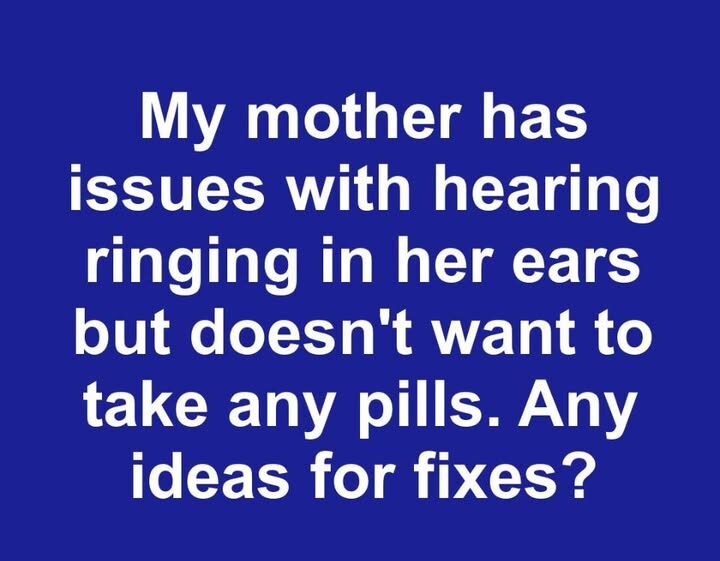Introduction
Tinnitus is a condition defined by the sensation of noise or ringing in the ears without an external source. This phantom sound may vary in pitch and intensity, ranging from a light hum to a loud buzzing that disrupts daily activities. Tinnitus affects an estimated 15–20% of people and is more common with age. Although it is not a disease itself, tinnitus can be a symptom of various underlying conditions, making proper understanding and evaluation essential.
What Causes Tinnitus?
Tinnitus often develops due to changes within the auditory system or related structures. Some common causes include:
1. Age-Related Hearing Loss
As people age, the delicate hair cells in the inner ear gradually deteriorate, reducing sound sensitivity and sometimes triggering tinnitus.
2. Ear Injury
Injuries to the ear, including trauma, loud noise exposure, or impacted earwax, can interfere with auditory pathways, resulting in ringing sensations.
3. Circulatory Conditions
Problems with blood flow—such as hypertension, blood vessel disorders, or poor circulation—can contribute to pulsatile tinnitus, where the perceived noise follows a heartbeat rhythm.
Other potential triggers include:
- Certain medications (e.g., aspirin, antibiotics)
- Ear infections
- Temporomandibular joint (TMJ) disorders
- Neurological conditions
Tinnitus and Quality of Life
While tinnitus is rarely dangerous, it can be distressing. Persistent noise may:
- Disrupt concentration
- Interfere with sleep
- Trigger anxiety or stress
- Affect emotional well-being
These challenges make it important for individuals to seek evaluation if symptoms persist or worsen.
Management Strategies
Although tinnitus does not always have a cure, its symptoms can often be managed effectively. Strategies may include:
1. Identifying and Treating the Underlying Cause
Effective treatment begins with understanding the source. Addressing hearing loss, infection, or circulatory problems can reduce or eliminate symptoms.
2. Sound Therapy
Using white noise machines, soft music, or environmental sounds can help mask tinnitus and make it less noticeable.
3. Hearing Aids
For individuals with hearing loss, hearing aids can amplify surrounding noise, reducing the contrast and impact of tinnitus.
4. Cognitive Behavioral Therapy (CBT)
CBT can help individuals reframe emotional responses to tinnitus, decreasing stress and improving daily functioning.
5. Healthy Lifestyle Choices
Limiting caffeine, alcohol, and loud noise exposure—along with adequate sleep and stress management—may help lessen symptoms.
When to Seek Medical Help
A healthcare professional should be consulted if tinnitus:
- Occurs suddenly
- Is accompanied by hearing loss or dizziness
- Affects only one ear
- Interferes significantly with daily life
Prompt evaluation helps rule out serious underlying issues and determines appropriate treatment options.
Conclusion
Tinnitus can be bothersome, but it is usually not a sign of severe illness. Since it is often linked to another condition—such as hearing loss, injury, or circulatory problems—understanding its cause is key to managing it. With proper evaluation and a combination of therapeutic approaches, many individuals can find relief and improve their overall quality of life.
